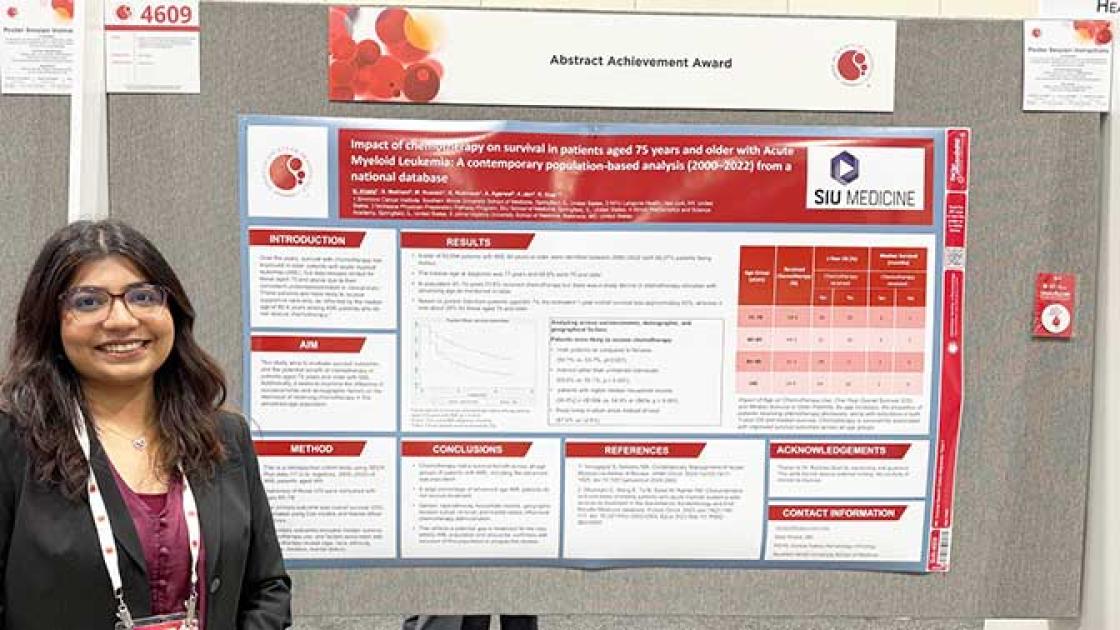
Grant Expands Children’s Health Care Efforts in Southern Illinois
Delta Region to add mental health component to school programs
Communities and families in Illinois’ southernmost counties will have improved access to programs to combat chronic diseases thanks to a new $2.1 million federal grant from the Health Resources and Services Administration (HRSA). The funds will support collaborations among health care providers, public health departments, schools and community organizations to use evidence-based models to address diabetes, cardiovascular disease, obesity, stroke and behavioral health.
The Illinois CATCH onto Health! Consortium has been assisting youth in the 16-county area known as the Delta Region for nearly a decade. Now, the Consortium will use the HRSA grant to expand its school-based efforts to include emotional and mental health components as a secondary focus area of the grant funding. The Center for Rural Health and Social Service Development at Southern Illinois University School of Medicine in Carbondale administers the Consortium.
“Our goal is to build capacity to successfully address behavioral health issues within our schools, homes and communities,” said Jeff Franklin, Illinois Delta Project director. “We have had real success working with the schools to design ways to improve nutrition and physical activity and decrease childhood obesity. This is another positive step that will boost kids’ overall well-being and health.”
The new grant will help schools add social and emotional health elements to their overall coordinated health efforts, including: the Signs of Suicide curriculum; bullying and character education; and training for community and school personnel in Mental Health First Aid, a national program that teaches the skills to respond to the signs of mental illness and substance use.
About the Catch Onto Health! Initiative
The CATCH onto Health! Initiative was launched in 2007 as part of the Illinois Delta Project to improve the health of Illinois youth. It currently reaches more than 75 percent of 106 schools in the Illinois Delta Region. Through a policy, systems and environmental change approach, it provides assistance to participating schools to help create healthier educational environments. Its staff provides advocacy for school nurses and school health services, develops wellness teams, drafts inclusive wellness policies, offers professional development opportunities, implements strategies to increase activity levels during PE and free play and helps school chefs design healthier lunch menus.
The Delta Project promotes sustainability and emphasizes the importance of general wellness, both in schools and in the community. It is intended to prevent and lower incidence of many diseases related to sedentary lifestyles and obesity, improve children’s cognitive, physical, social and emotional development and ultimately impact the child poverty rate.
Research reported in this press release is supported by the U.S. Department of Health and Human Services’ Health Resources and Services Administration under Award Number 6 D60RH25763-04-01.



